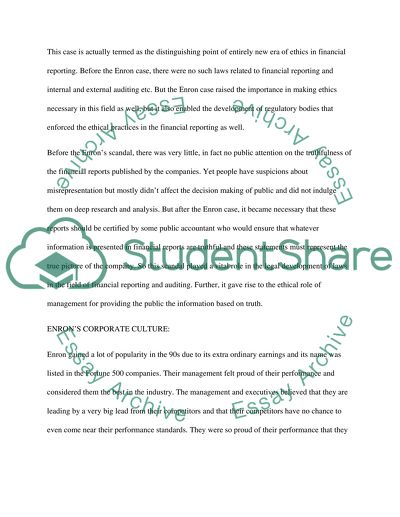Cite this document
(“Questionable Accounting Leads to The Collapse Essay”, n.d.)
Retrieved from https://studentshare.org/finance-accounting/1393086-case-study
Retrieved from https://studentshare.org/finance-accounting/1393086-case-study
(Questionable Accounting Leads to The Collapse Essay)
https://studentshare.org/finance-accounting/1393086-case-study.
https://studentshare.org/finance-accounting/1393086-case-study.
“Questionable Accounting Leads to The Collapse Essay”, n.d. https://studentshare.org/finance-accounting/1393086-case-study.


